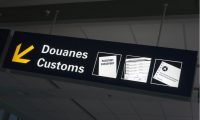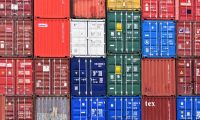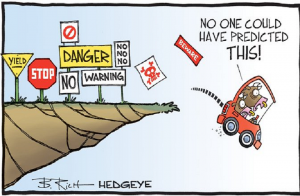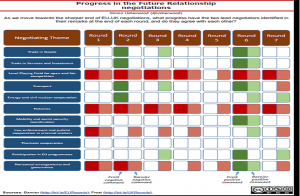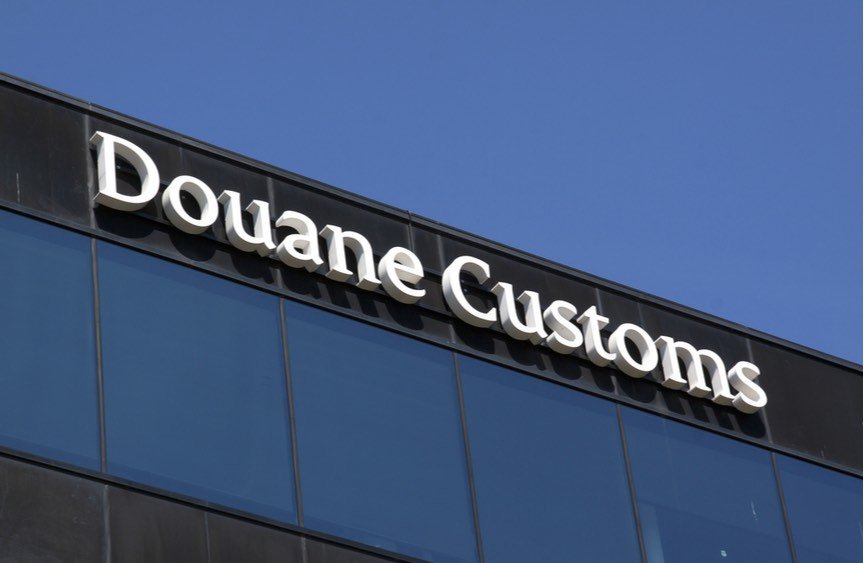
It’s now over 25 years since we stopped having to file Customs Declarations for trade between the UK and other EU members. Premier Margaret Thatcher’s vision of a Single Market and Customs Union covering the entire EU became real in 1993. Overnight, companies disbanded the teams of people who had previously dealt with all the paperwork that had been required.
If the UK leaves the EU after Brexit without staying in the Customs Union, these teams will need to be reassembled. A year ago, HMRC’s head told Parliament they estimated that 400 million Customs Declarations would then be required at a cost of roughly £32.50 each.
This will more than double the total number of Declarations currently needed by all EU countries to trade with other countries. This is because HMRC estimate there are currently around 200 million intra-EU transactions each year, and separate Declarations are required to export goods from one country and to import them into another. So it’s worth working out how your business would be impacted in advance of Brexit, as getting it wrong could potentially result in delays and possibly even fines.
The issue will be particularly important if the UK exits with No Deal at the end of the current Article 50 extension on 31 October. This is because the UK will then become a ‘3rd country’ in terms of its trading status with the EU27. And there is a lot of detail to study, as HMRC have highlighted with their collection of regulatory changes.
The Customs Declaration itself may not look too difficult at first sight, but it does have 54 questions to answer. And the Guidance Note to help you get your answers right first time, runs to 136 pages. Hopefully, your answers won’t need to be supported by too many documents. But if you use components from a number of suppliers, then you may well also need to comply with Rules of Origin regulations too.
1 January 1993 was a blissful day for those who don’t like paperwork. But now, we may well have to reinvent all those processes again. Preparing for this major change in advance is, therefore, very important. And you will gain competitive advantage versus rivals who wait until the last moment and then panic.
Further information on Customs & Tariffs can be found in the Ready for Brexit directory here.
If you have any further queries on Rules of Origin, please post your questions in the Ready for Brexit discussion forum.


